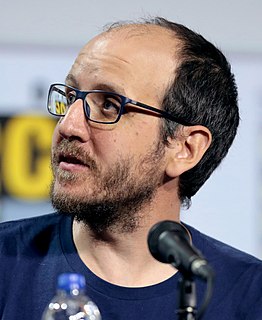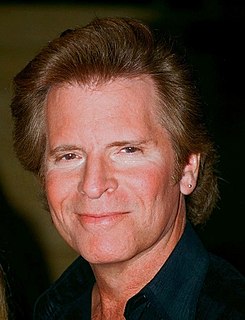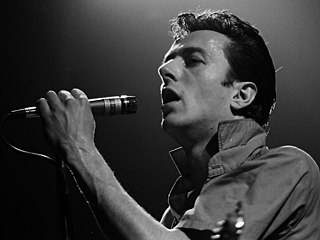A Quote by Jhumpa Lahiri
Interpreter of Maladies is the title of one of the stories in the book. And the phrase itself was something I thought of before I even wrote that story.
Related Quotes
I think titles are tricky because they're like a really short ad for the book. And like an ad, they should open the door in a way that might be more accessible than the book itself. So I always like titles to be familiar. I'm not trying to break ground with the title itself. The title should feel like something already celebrated.
I started writing the book without realizing I was writing a book. That sounds stupid, but it's true. I'd been trying and failing to make a different manuscript work, and I thought I was just taking a break by writing some short stories. I'm not a very good short story writer - the amazing compression that is required for short stories doesn't come easily to me. But anyway, I thought I'd try to write some short stories. And a structure took shape - I stumbled upon it.
For years I walked around with the phrase "Green River" because I had seen that on a soda fountain drink when I was probably 8 or 9 years old, and I went, 'Gee, I like that.' Another one was "Lodi", which I thought sounded really cool. I got this cheap little empty plastic notebook at my local drugstore, and bought a little slab of filler paper and the very first title I wrote in it was "Proud Mary". I had no idea what that title meant.
Reading is sometimes thought of as a form of escapism, and it’s a common turn of phrase to speak of getting lost in a book. But a book can also be where one finds oneself; and when a reader is grasped and held by a book, reading does not feel like an escape from life so much as it feels like an urgent, crucial dimension of life itself.
Any time I put together a story collection, I don't know what it's going to look like overall - or even what the title story is going to be. Over time, I end up with a dozen or so stories, and I start to see a shape to them, how they fit together, and then I write stories that complement or extend that shape.


































